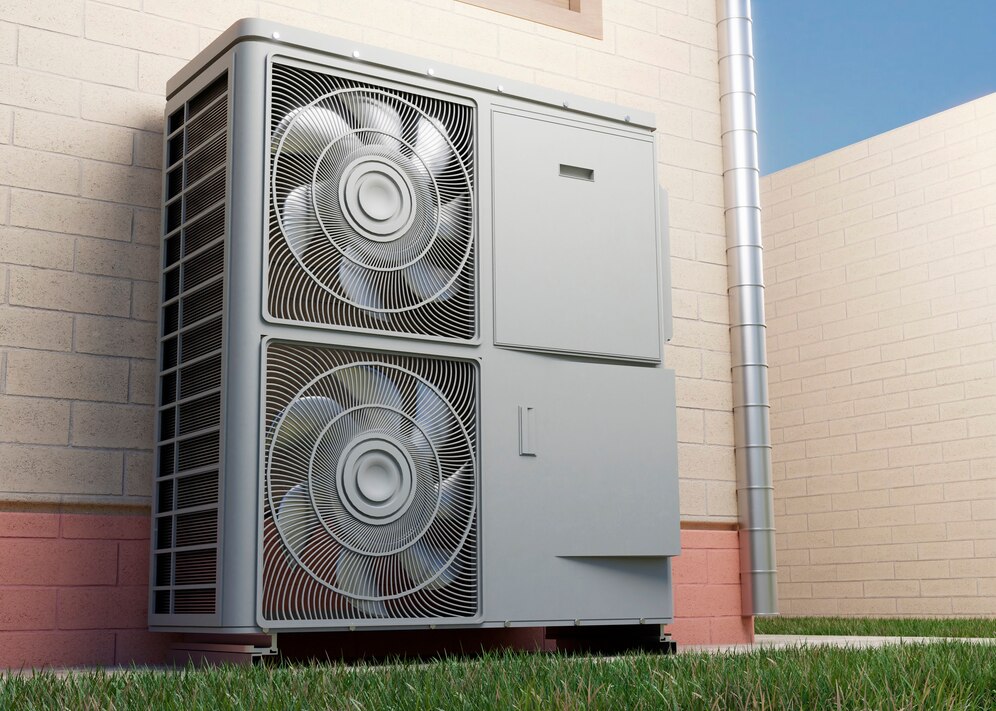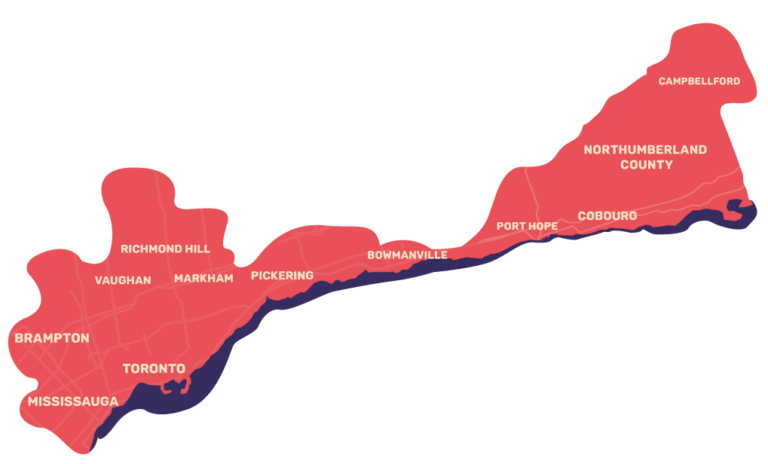Heat pumps are an energy-efficient and eco-friendly solution for heating and cooling your home. They function by transferring heat from one place to another, making them more cost-effective and environmentally friendly compared to traditional gas or electric HVAC systems. However, like any other appliance, heat pumps require regular maintenance to operate effectively. With proper care, you can enjoy the full benefits of your heat pump throughout the year while potentially avoiding any disruptions to its functioning.
To maintain your heat pump system’s optimal efficiency and performance, it’s crucial to carry out periodic checks and services. Routinely cleaning and inspecting various components can prevent minor issues from escalating into significant problems and help identify potential inefficiencies. These maintenance tasks include cleaning filters, coils, and fins; checking and adjusting airflow; inspecting ducts and sealing; and more.
Stay tuned for practical advice on maintaining your heat pump system, and remember that if you encounter any issues or concerns that you’re unable to resolve, our professional team is always ready to assist you with expert HVAC and heat pump services.
Heat Pump Maintenance 101: Tips for Optimal Performance
1. Cleaning and Replacing Filters
One of the most critical maintenance tasks for optimal heat pump performance is regularly cleaning and replacing the filters. Filters can quickly accumulate dirt and dust, which can cause inefficient airflow and excessive strain on the system. In turn, this may lead to higher energy consumption and shortened equipment life.
To maintain your heat pump’s energy efficiency, check the filters at least once a month, especially during peak seasons. Clean or replace them as needed. For most systems, it is recommended that filters be replaced every three months. However, this may vary depending on the type of filter in use and the amount of dust and pollutants in the area.
By keeping the filters clean, you can significantly improve your heat pump’s energy efficiency, performance, and indoor air quality.
2. Inspecting and Cleaning Coils and Fins
Another essential heat pump maintenance task involves checking and cleaning the outdoor and indoor coils. Through regular use, coils can accumulate dirt and debris, which can reduce the heat pump’s ability to transfer heat efficiently. Consequently, this may result in higher energy consumption and reduced system performance.
To properly clean the coils, make sure to turn off your heat pump system first. Using a soft brush or a vacuum cleaner with a brush attachment, gently remove dirt from the coils. Be cautious not to damage the delicate fins while cleaning. For more thorough cleaning or if the coils are hard to access, consider hiring a professional HVAC technician to perform the job.
In addition to cleaning the coils, regularly inspect the fins on your heat pump for any damage or bending. If any fins are bent, you can use a fin comb to straighten them gently.
3. Checking and Adjusting Airflow
Proper airflow is essential for your heat pump to function optimally. Regularly checking and adjusting the airflow can help optimise your system’s energy efficiency and performance. A common issue to watch for is blocked or restricted airflow, which can result from dirty filters, blocked vents, or closed dampers in ductwork.
To ensure adequate airflow, keep furniture or other objects away from indoor unit vents and make sure outdoor units have sufficient space around them. If you detect any issues with the airflow, contact a professional technician to examine the system and make necessary adjustments as needed.
4. Inspecting Ductwork and Sealing Leaks
Leaky ducts can severely impact the overall efficiency and performance of your heat pump. Leaks or cracks in the ductwork can cause the heated or cooled air from the heat pump to escape, leading to increased energy consumption and reduced comfort in your home.
To inspect ductwork, ensure it is visually free from damage, gaps, or cracks. Pay special attention to joints and connections. If you detect any issues in the ductwork, seal them with duct mastic or aluminium foil tape specifically meant for the purpose. Avoid using duct tape, as it can degrade over time.
In addition to sealing visible leaks, consider insulating ductwork that runs through unconditioned spaces, such as garages or attics. This can further enhance energy efficiency and improve the overall performance of your heat pump system.
Heat Pump Hacks: Maximising Efficiency and Performance
Regular heat pump maintenance is crucial for optimising your system’s energy efficiency, performance, and lifespan. By following the maintenance tips outlined here, you can ensure that your heat pump continues to operate effectively, reducing energy bills and avoiding costly repairs in the long run.
It’s important to remember that while some maintenance tasks can be performed without professional assistance, consulting with our qualified HVAC technician in Canada from Waza Home Comfort can help ensure that your heat pump is in perfect working condition. Our team of experts is always ready to provide exceptional HVAC and heat pump planning, installation, maintenance, and service for all your needs.






